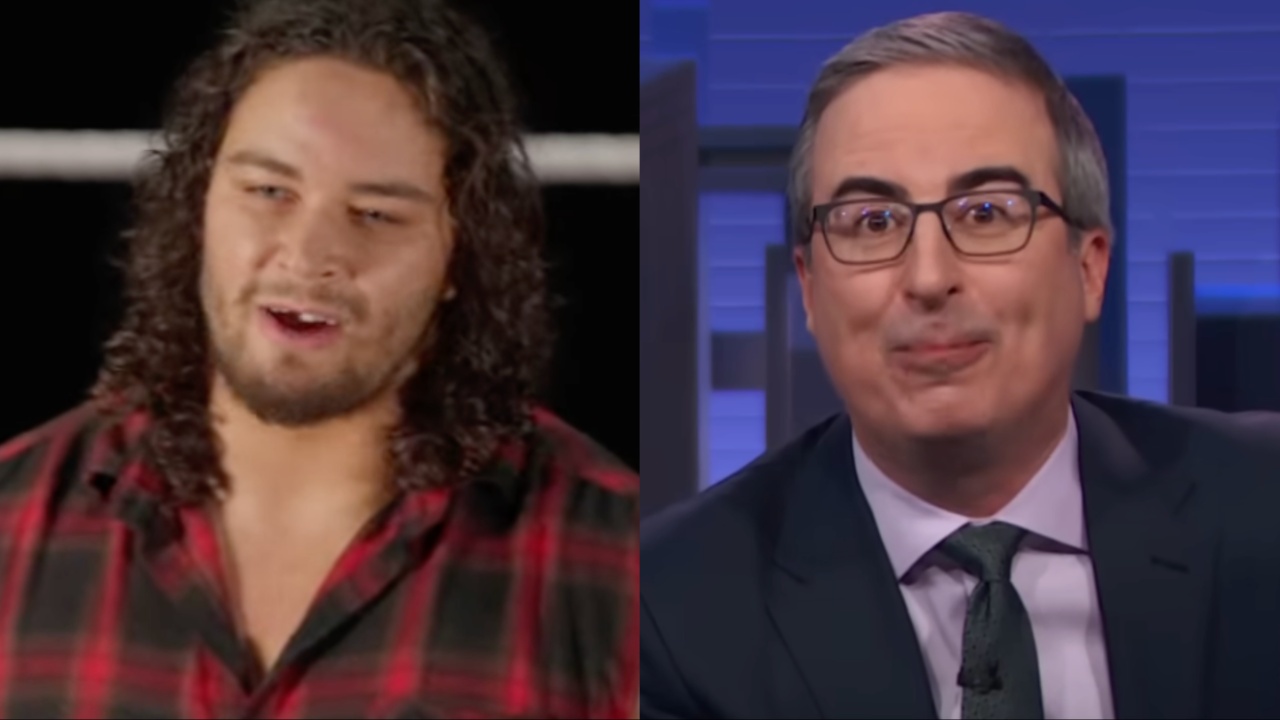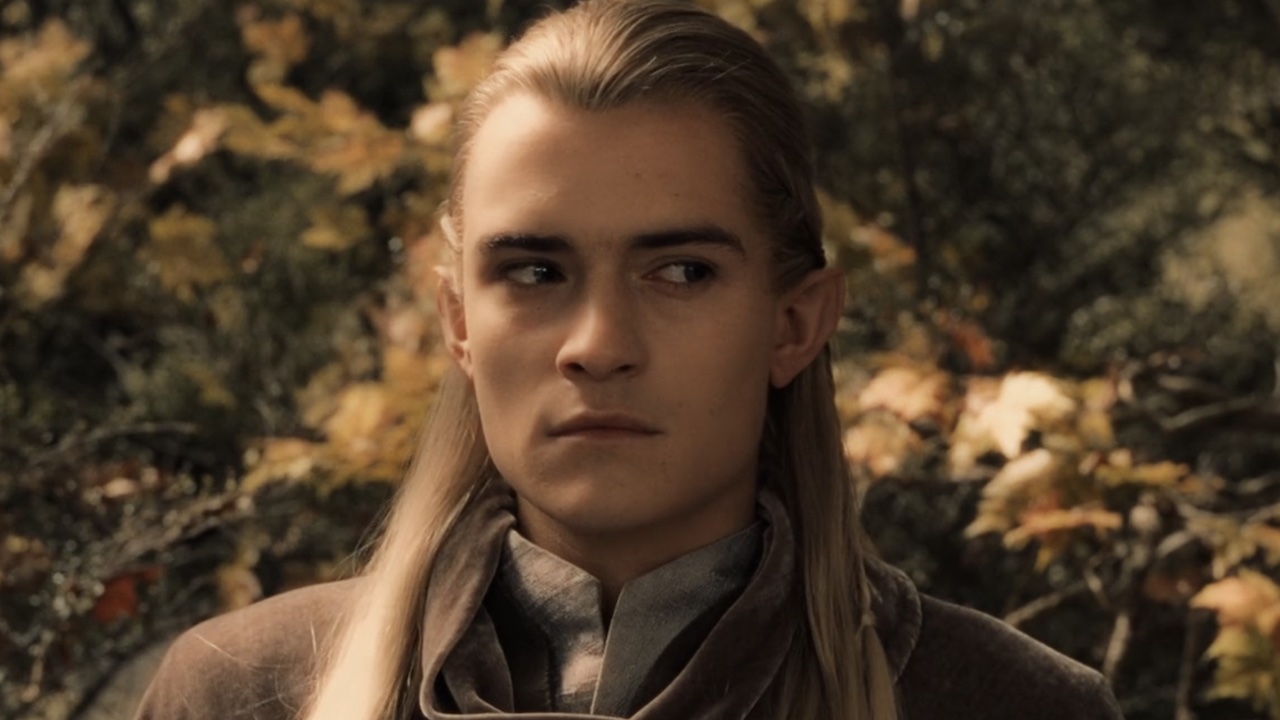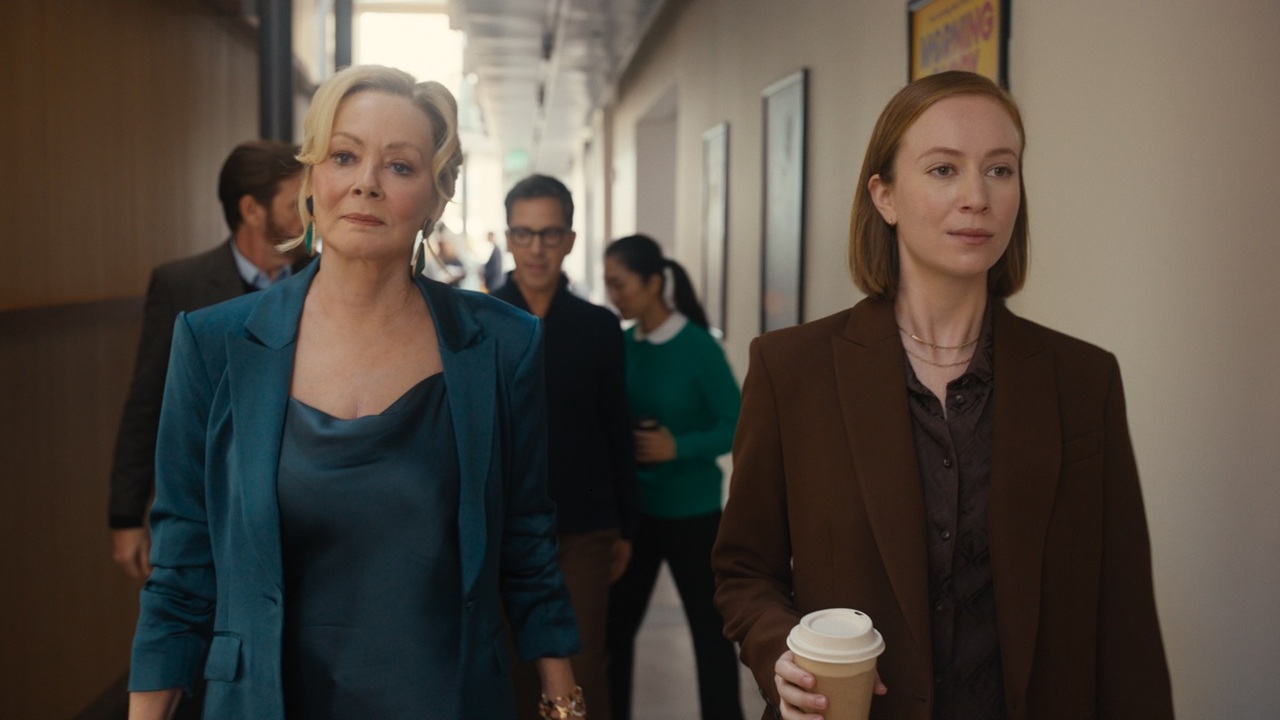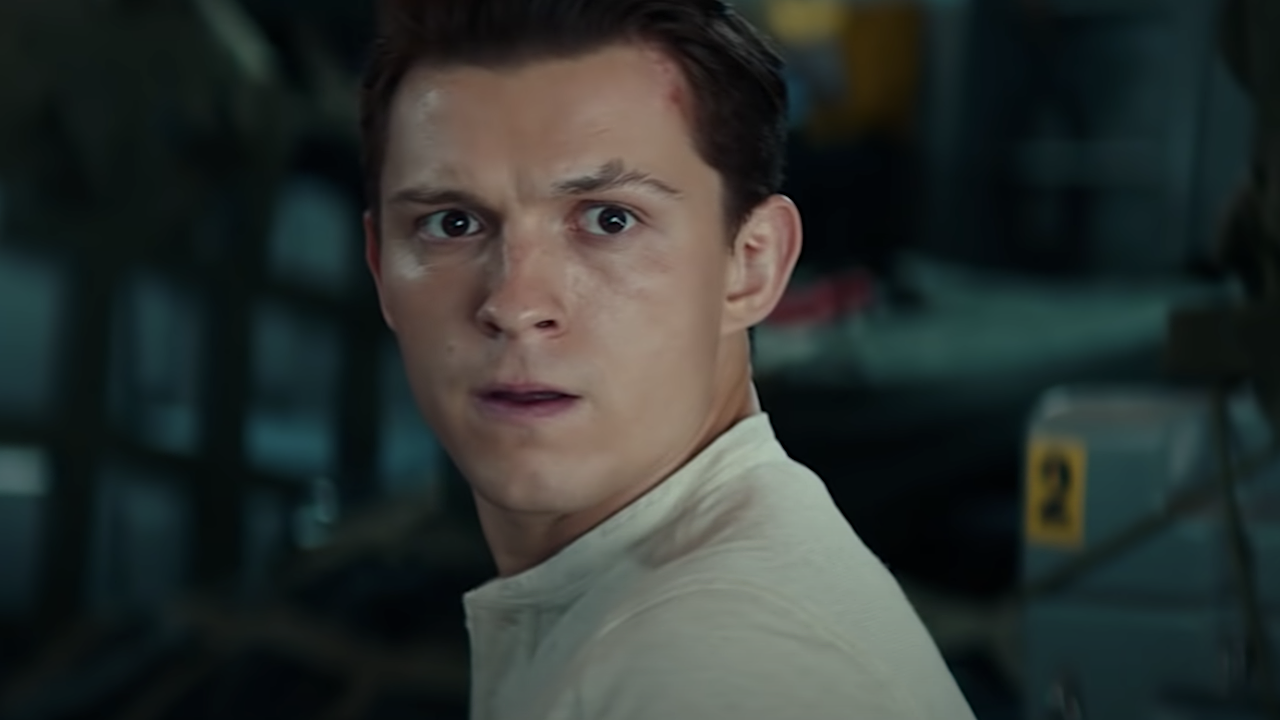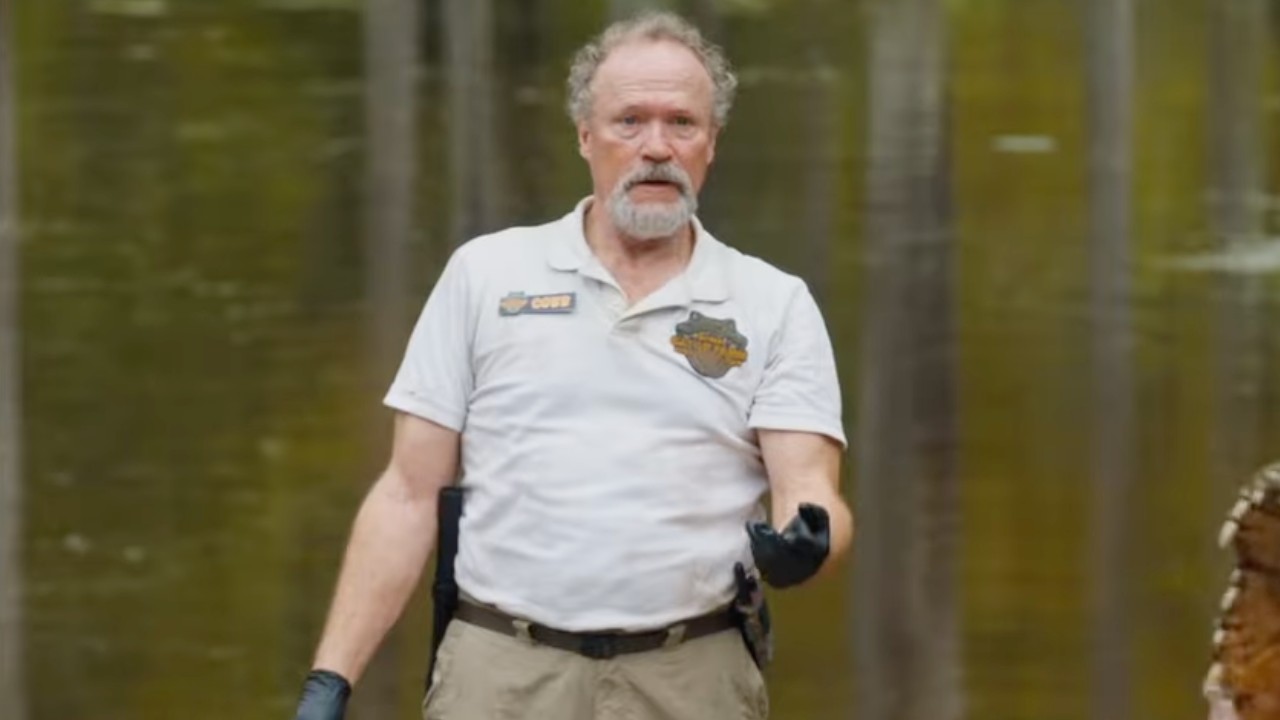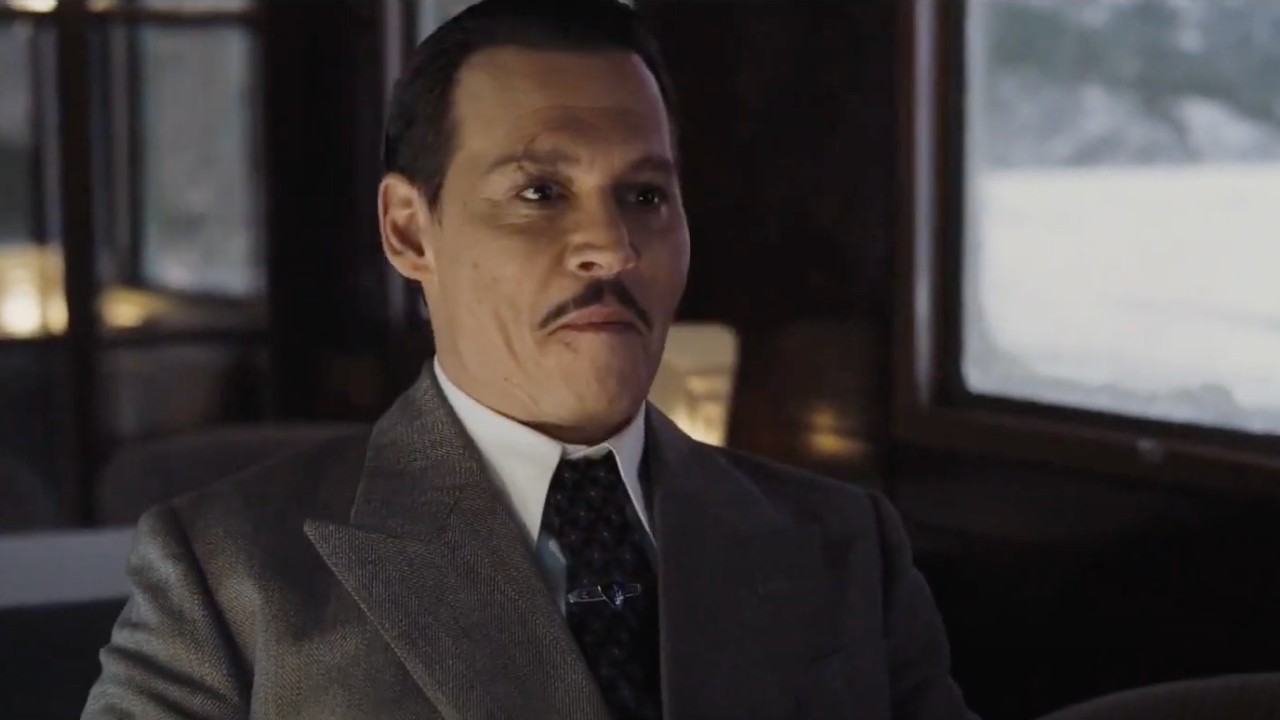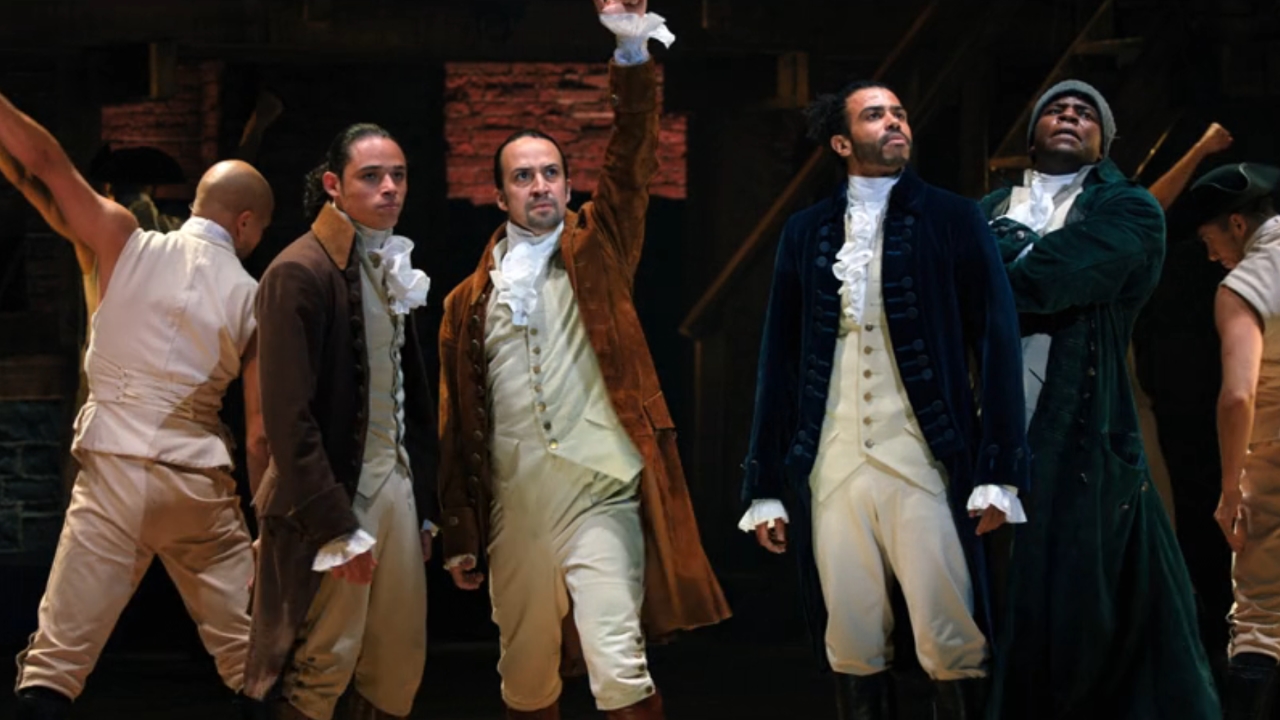Why Steve Rogers' Actions At The End Of Civil War Make Sense
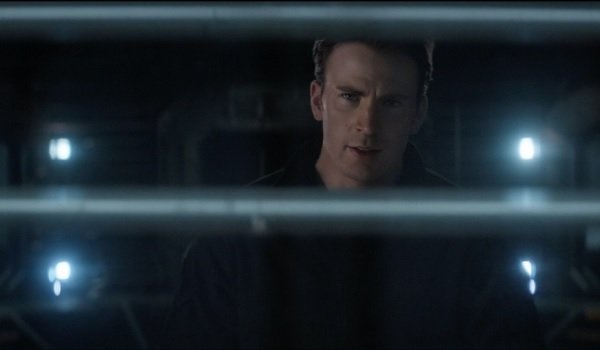
Warning: There are spoilers in play for all three Captain America movies. Please bookmark this page for later reading if you do not want to be spoiled.
Steve Rogers, better known to the world as Captain America, is officially a fugitive from the governments of the world. With the Sokovia Accords in full effect, Team Cap is on the run after the events of Captain America: Civil War. Of course, we've just recently learned that with Steve's abdication of his shield came his abandonment of his title as Captain America. Anthony Russo said as much in a recent interview, and it's had us thinking about why Steve would do such a thing, especially in only his third film. Believe it or not, it makes absolutely perfect sense.
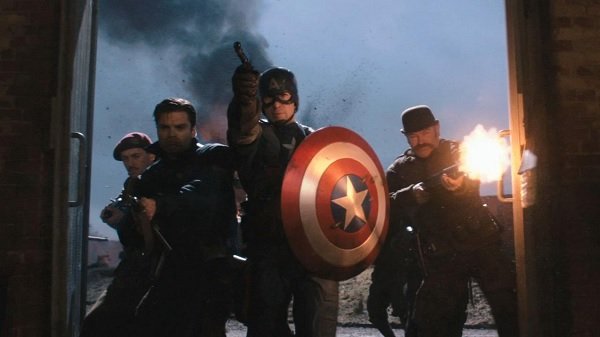
The story of Captain America has always been about Steve Rogers and his identity as the "Star Spangled Man with a plan." In Captain America: The First Avenger, we get to know Rogers as the weakling kid from Brooklyn who isn't afraid of a fight. Right from the beginning, he's a source of courage and integrity that only wants to do the right thing. Even when juiced up with Dr. Erskine's serum, Steve just becomes that much more of a big, damned hero; fighting for what's right in the world, and fully assuming his identity as the Captain.
Skip ahead to Captain America: The Winter Soldier, which digs deep into the themes of propaganda, preemptive force, and what happens when your identity isn't completely your own. We see The Russo Brothers, as well as writers Christopher Markus and Stephen McFeely, delve into the storyline of how Steve deals with the pressures of being the actual man behind the half icon / half Government agent that is Captain America. With a system that manipulates his personal history, and even the man himself, as a tool for their own agenda, Captain Rogers realizes that the system he's come to believe in isn't the same noble endeavor he once thought it was. Then again, was it ever?
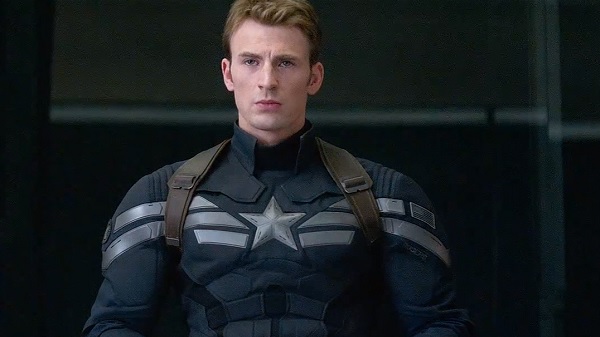
Questions from the fallout of that second film bring us to the third act of Steve Rogers' story, as Captain America: Civil War brings Steve Rogers full circle in his tenure as Captain America. Now an experienced hero, he's used to fighting injustice his way, but now has to deal with the bureaucracies of Secretary Thaddeus "Thunderbolt" Ross and the newly drafted Sokovia Accords. That in turn generates rift between himself and his former brothers in arms who've sided with Tony Stark's pro-registration philosophy. A rift that is as wide as it is deadly, and even though it looks like they've kinda-sorta made up by the end of the film, something Stark says earlier cements Steve Rogers' decision to leave the mantle behind: "That shield doesn't belong to you."
Indeed, the shield doesn't belong to Steve Rogers, but then again, neither does the title of "Captain America." Rather, the Captain was always an image that was crafted for Rogers to inhabit, as he was initially just a tool for propaganda. If it wasn't for Captain Rogers' valor during World War II, spurred on by his successful rescue of Bucky Barnes and the Howling Commandos from a HYDRA prisoner of war camp, he'd still be selling war bonds on Broadway. If anybody realizes this, it's certainly Steve, and one could assume that in the heat of that moment, he decided that walking away from this symbol created by a system he no longer believes in was the best thing for him to do.
This doesn't make Steve Rogers any less of a hero, if anything it makes him more bad-assed. No longer will he have his Vibranium shield to hide behind, and every mission he takes will be full of danger and vulnerability. He may still have his super strength, but Steve Rogers is his own man now. He doesn't need to be Captain America to do what's right, and his decision caps off an impressive trilogy that's always raised the stakes in its storytelling, landing at this logical conclusion.
CINEMABLEND NEWSLETTER
Your Daily Blend of Entertainment News

Whatever the future holds for Captain Rogers, it's uncertain and it's exciting for us as the viewer, as well as for Steve himself. The Avengers: Infinity War is probably when we'll get our next sighting of Steve Rogers in action, and a lot is going to change in the Marvel Cinematic Universe while he's gone. However, as we've seen before, Rogers knows how to adapt and conquer any obstacles in his way, so the road ahead will still be difficult, but not impossibly so, for America's first superhero to navigate.
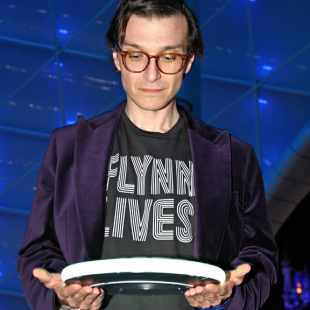
Mike Reyes is the Senior Movie Contributor at CinemaBlend, though that title’s more of a guideline really. Passionate about entertainment since grade school, the movies have always held a special place in his life, which explains his current occupation. Mike graduated from Drew University with a Bachelor’s Degree in Political Science, but swore off of running for public office a long time ago. Mike's expertise ranges from James Bond to everything Alita, making for a brilliantly eclectic resume. He fights for the user.


